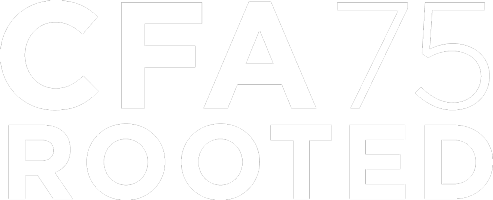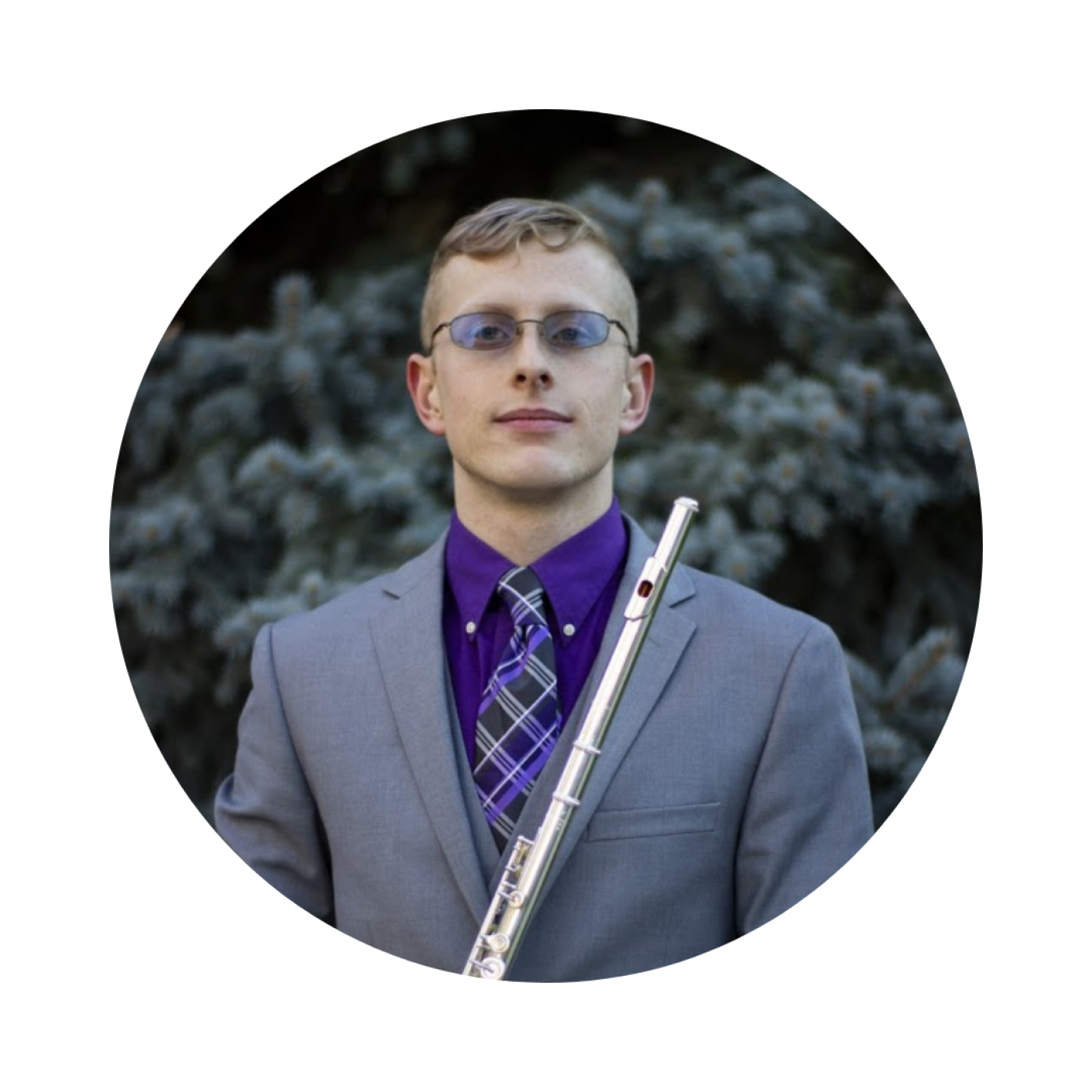This is a series dedicated to highlighting the insights our students gained during their internships.
Name: Mitchell Atencio, School of Music
Internship:
College of Fine Arts, University of Utah
Utah Symphony | Utah Opera (USUO)
Corner Canyon High School
What responsibilities did you have as an intern?
As the FAF Grants coordinator with the U, I had a role handling administrative processes and working to restructure the already-existing program for its betterment. I worked closely with Liz Leckie and the FAF Grants Committee, of which I had previously been a part for two years. I had tremendous opportunities to remain involved in a program I felt passionately about, while at the same time work to make it better. It has continued to thrive since the contributions I was able to make.
I have spent years working as an intern in the music library for the Utah Symphony. This included working closely with Clovis Lark and Katie Klich, the orchestra's two librarians, in learning and developing skills crucial for music librarianship. This led to a successful audition for the Sarasota Music Festival, where I was selected from a large pool of candidates as the festival's only Library Fellow immediately following graduation.
My student teaching experience at Corner Canyon High School gave me the opportunity to work with Randal Clark and study music education with intense practical application. Responsibilities included portions of nearly every aspect of running a high school music program. Ultimately, this experience led to my accepting a teaching position at this school.
What new skills/knowledge did you gain from your internship?
As with many other CFA endeavors, time management becomes paramount to success.
Communication remains something that everyone needs to develop, but particularly so when one needs to constantly keep communicative channels open. (This included a lot of email and phone calls in the CFA internship, adequate vocal coordination with USUO, and both plus planning at CCHS.)
Other than these more generic skills, I gained very specific abilities related to administrative work, orchestra librarian-specific skills, and of course practical teaching experience and coaching. The more practice one can get, the better they will do with any given experience.
What connections did you make and how do you think those connections may help you in your career?
I still stay in touch with my supervisors and peers that I met in the CFA. In fact, the artist who took my photograph, Taylor Mott, was serving as an intern concurrently with me.
Through the library experience, not only have I maintained connections with the USUO librarians, but I've connected with orchestra librarians in Sarasota, New York, Cleveland, and Renée Fleming's personal librarian.
I have now developed a huge network of educators and colleagues, in and out of the district where I student taught (and now work). Additionally, because of the interdisciplinary studies I undertook (specifically math), a job was created for me at the school where I was placed where I now teach both math and music classes.
What advice would you give other students who are interested in a similar internship?
Both specialization and diversification will prove invaluable. Examples of each:
Specialization: the only way to win library auditions are to demonstrably possess enough working knowledge of orchestral repertoire, instrumentation, library procedures, and so forth; this requires highly specialized skills to be developed that are not used in the same way for any other job. After a couple of years of practice and study, I was able to win an audition, but only after developing these skills.
Diversification: I only obtained my current job because I was marketable in a specific, diverse way. I happened to have a little bit of a math background in addition to my music and education studies, which enabled me the ability to apply for an additional math endorsement and subsequently fulfill the needs of my current employer. Certainly, good teaching practice applies to both halves of my job, but without my studies outside of music, this opportunity could never have opened.
I truly cannot count the number of times when having abilities in something other than my primary focuses led to additional circumstances. At the same time, the number of opportunities that became apparent because of my specific content knowledge have proved valuable in ways that I never would have imagined possible.


